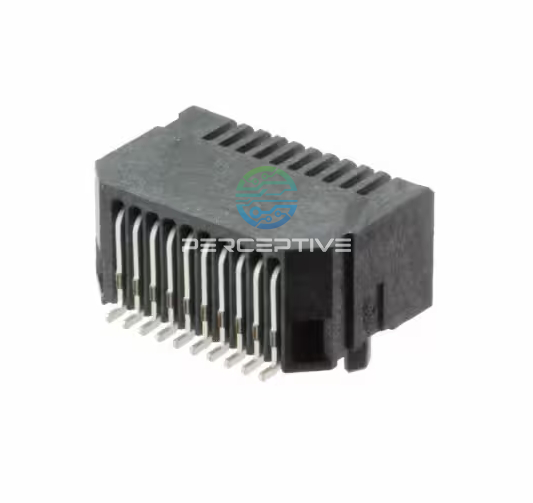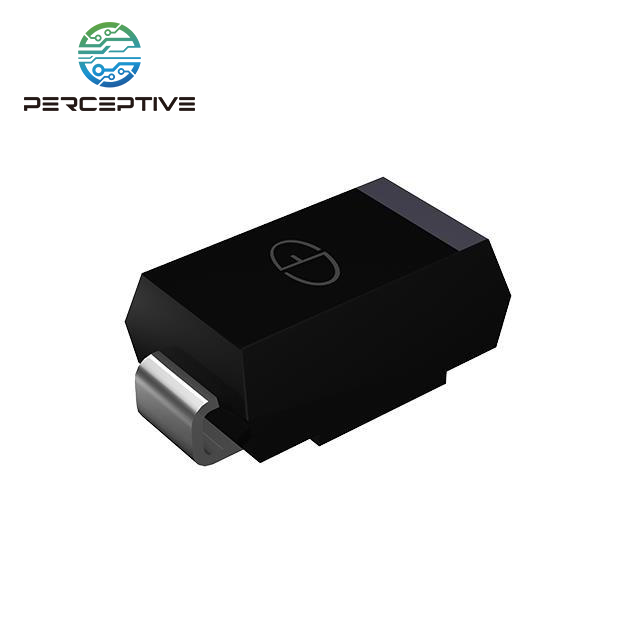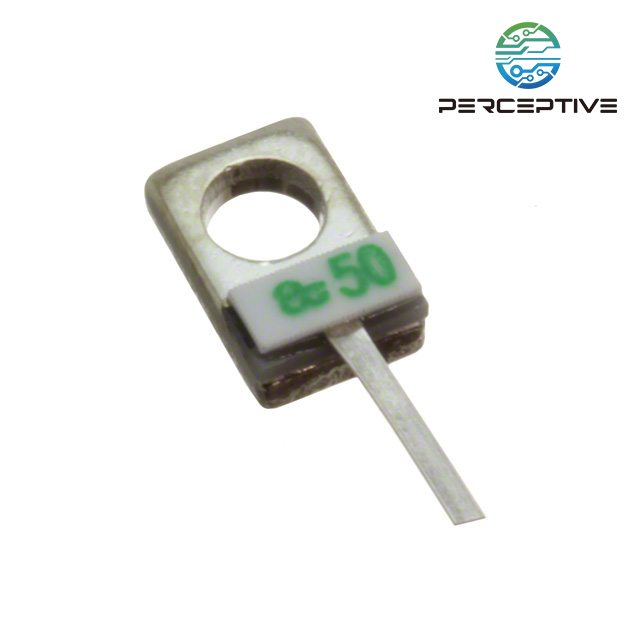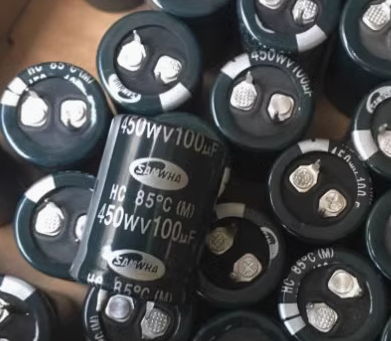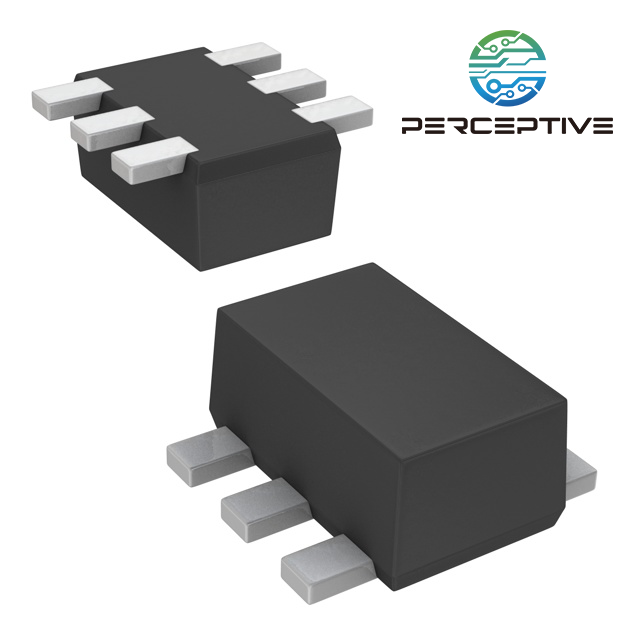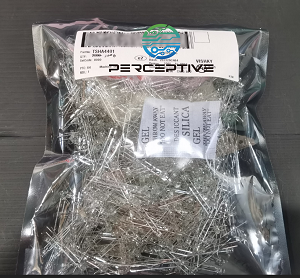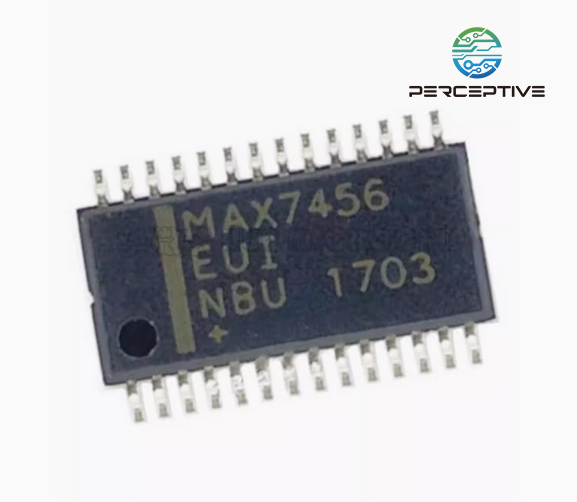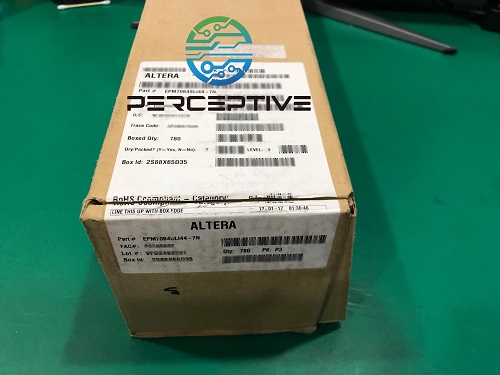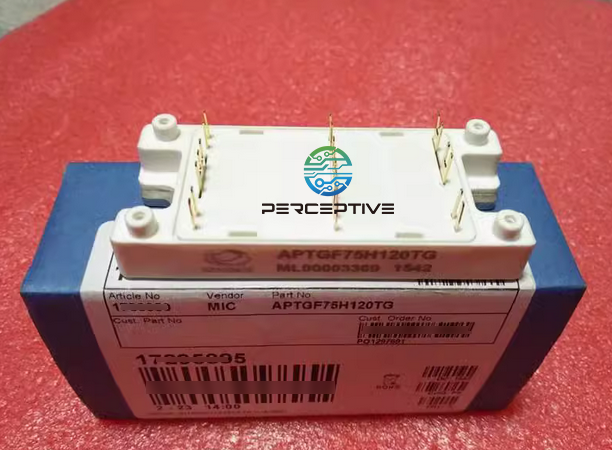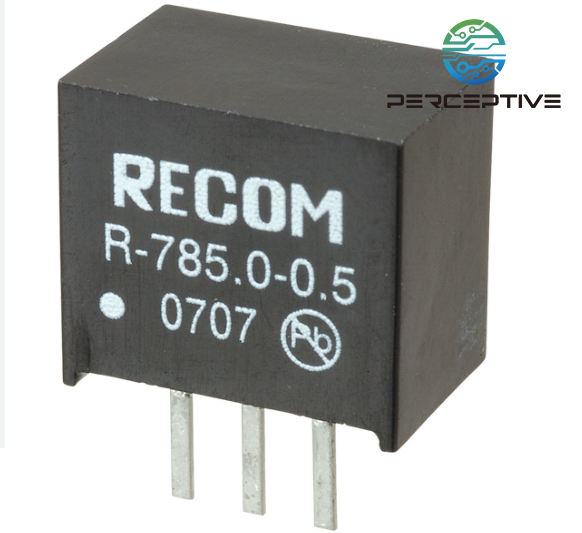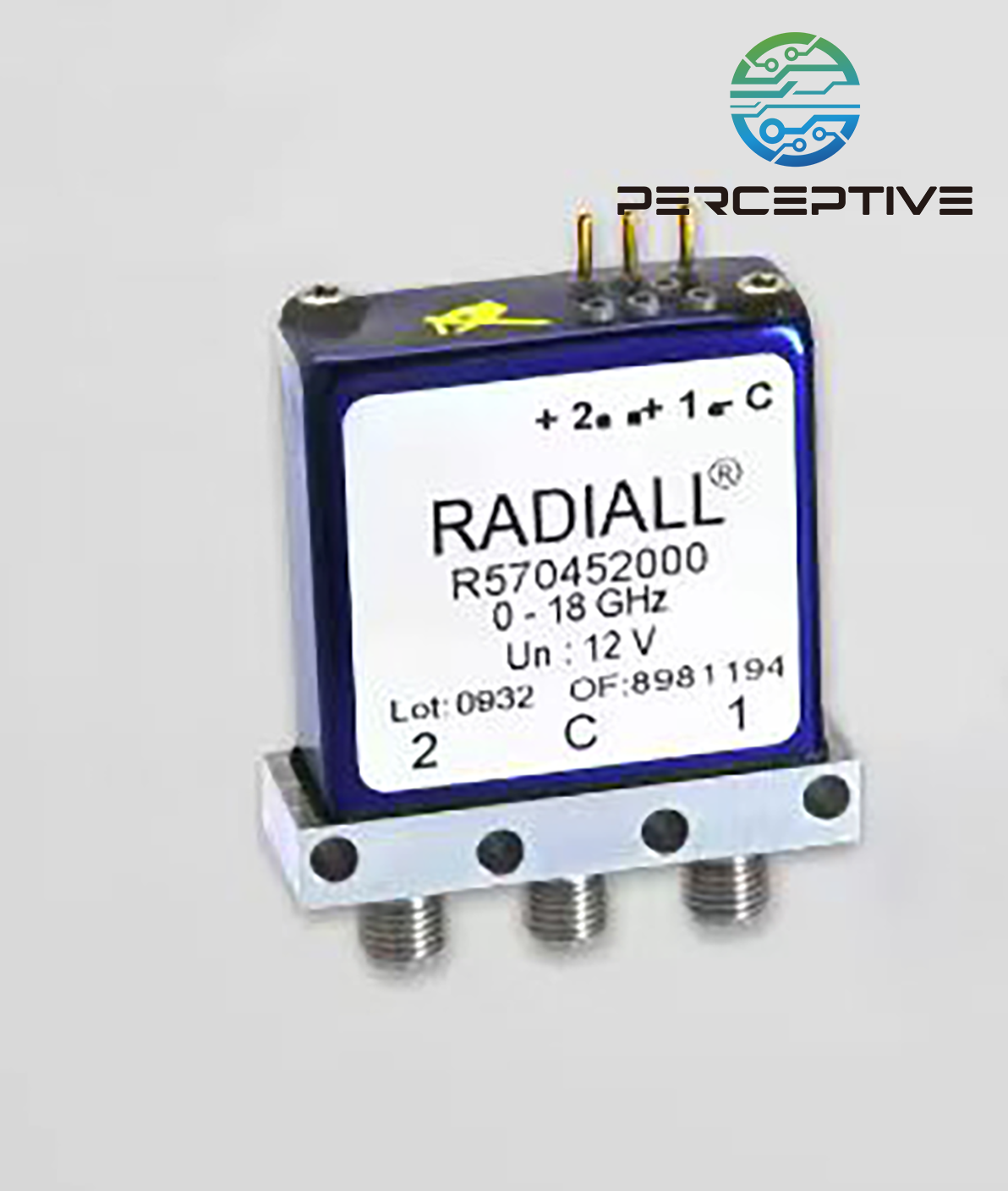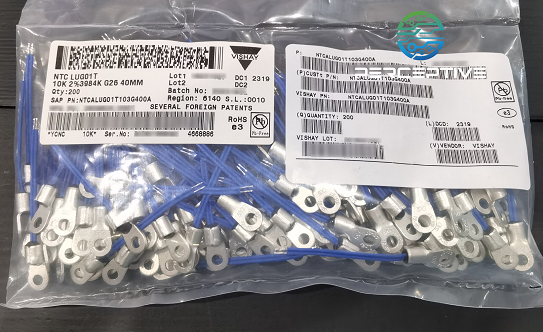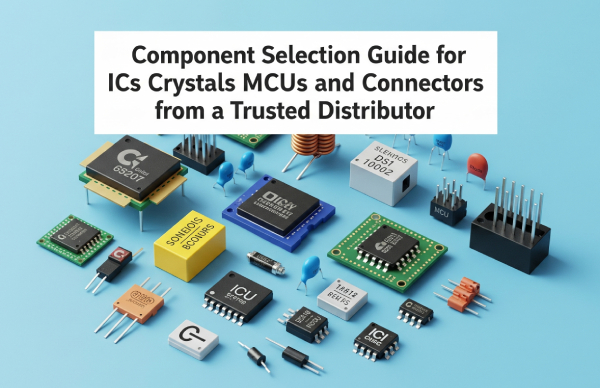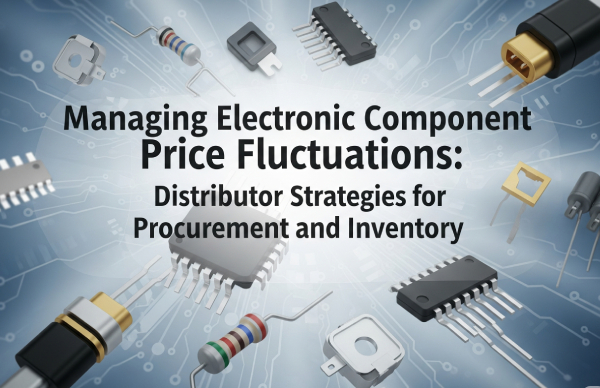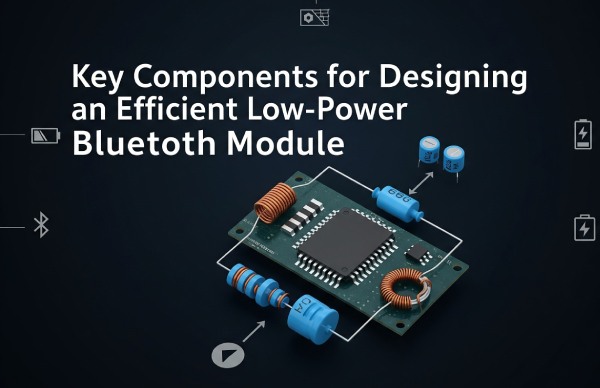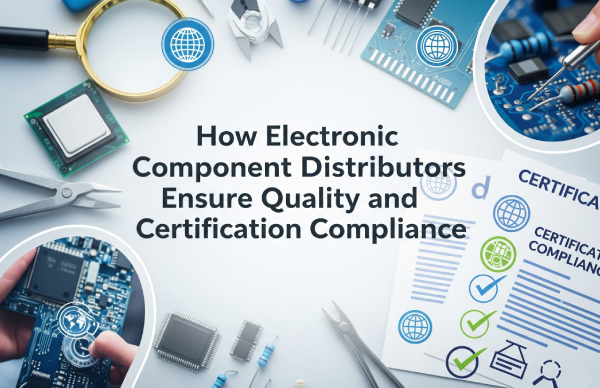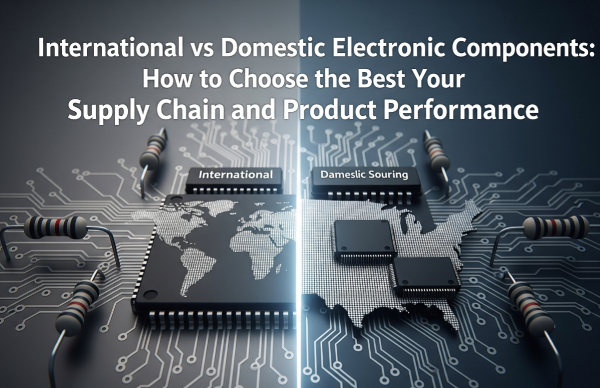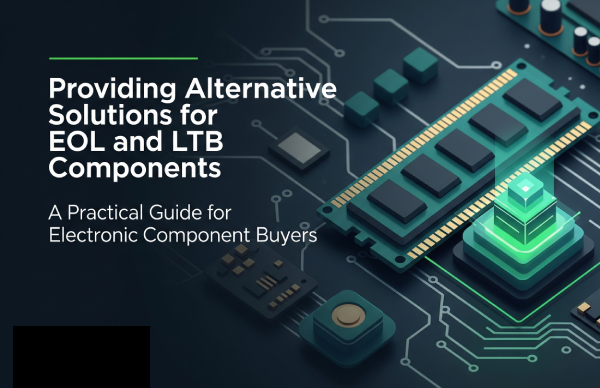In today's electronics supply chain, procurement isn't always about bulk orders and long-term contracts. More often than not—especially in prototyping, R&D, or niche production—buyers are faced with the need to source a wide range of electronic components in small quantities. Managing this type of fragmented, multi-line procurement can quickly become a logistical headache. Instead of negotiating with multiple suppliers and handling numerous payments, more and more buyers are turning to electronic component distributors to centralize sourcing and simplify transactions.

The Challenge: Too Many Suppliers, Too Little Time
When sourcing small volumes of diverse electronic components, procurement professionals must often interact with a large number of suppliers. Each supplier may have its own ordering process, payment terms, minimum order quantities (MOQs), and shipping timelines. For small or mid-sized companies, handling this level of complexity internally can put significant strain on purchasing teams.
Moreover, establishing direct accounts with multiple suppliers may not be feasible or efficient. The overhead of negotiating terms, managing logistics, handling import/export documentation, and processing multiple payments can quickly become a bottleneck.
The Solution: Let Distributors Handle the Complexity
Electronic component distributors act as intermediaries who bridge the gap between component manufacturers and end-users. In the context of small-volume, multi-line procurement, distributors offer a unique value proposition:
Consolidation of Orders: Distributors can bundle multiple items from different suppliers into a single order. This dramatically reduces the number of transactions, saving administrative time and costs.
Simplified Payments: Instead of issuing payments to a dozen different suppliers, customers pay the distributor once. The distributor takes care of splitting payments across vendors, managing currency exchange, and ensuring on-time settlements.
Improved Cash Flow and Credit Terms: Many distributors offer flexible payment options, credit terms, and financial support—benefits that are not always available when dealing with component manufacturers directly.
Access to Hard-to-Find Components: For niche or obsolete components, distributors often have extensive sourcing networks and access to inventory beyond what’s listed on manufacturer portals. This can be crucial in maintaining project timelines.
Risk Mitigation and Quality Assurance: Reputable distributors have strict vetting procedures for suppliers, and they often offer component authentication and quality checks to ensure that customers receive genuine parts.
Real-World Benefits for Engineers and Buyers
From the perspective of engineers and purchasing managers, the benefits of working with a distributor go beyond logistics. It enables them to focus on what truly matters—design, testing, and delivery—rather than getting bogged down in paperwork and supplier coordination.
For example, a startup developing a custom IoT device may need 30 different components from 10 different suppliers. By working with a distributor, they can send a consolidated BOM (Bill of Materials) and receive a quote that covers availability, pricing, lead time, and payment—all from one point of contact.
Choosing the Right Distribution Partner
Not all distributors are created equal. When evaluating potential partners, buyers should consider factors such as:
Supplier network breadth
Response speed and communication
Global shipping capabilities
Transparency in pricing and lead times
Ability to source from authorized channels
In today's competitive landscape, speed and efficiency in procurement can be a differentiator. Working with a responsive distributor who understands the nuances of small-volume sourcing can offer a significant edge.
Conclusion
Small-volume, multi-line procurement doesn't have to be a logistical nightmare. By leveraging the expertise of an electronic component distributor, buyers can streamline processes, reduce operational overhead, and ultimately accelerate time-to-market. The right distributor doesn't just source parts—they become a strategic partner in your supply chain.

